After what 2020 put them through, Californians tell us how Fourth of July has taken on new meaning
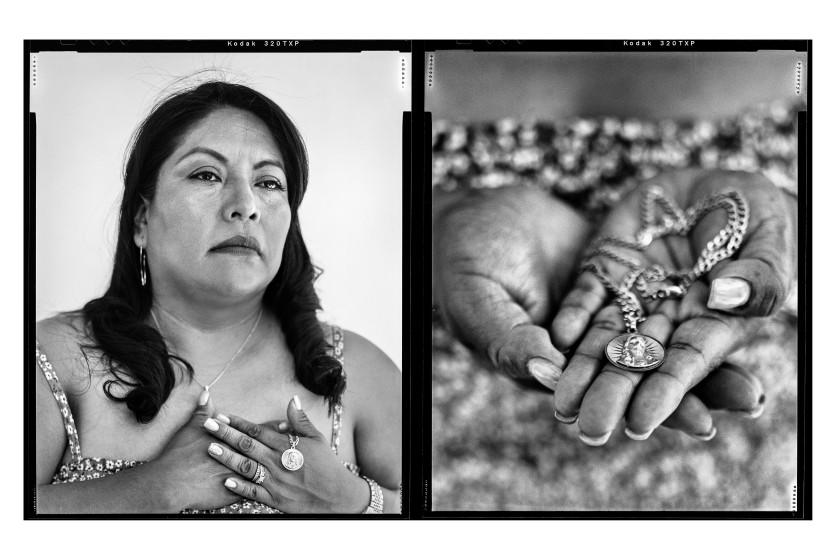
- Oops!Something went wrong.Please try again later.
The Times interviewed 10 Southern Californians about what the Fourth of July means to them this year, after the hell year that was 2020.
A taco truck owner feels free because he became a U.S. citizen. An activist dwells on who is not free — Black and brown Americans. A doctor mourns the lives lost to COVID-19. A single mom who was just laid off looks forward to a few days of relaxation.
All who were interviewed appreciate the freedom that they have but also understand it’s ever-tenuous as the pandemic continues.
Times photographer Jay L. Clendenin created portraits of these Californians using black-and-white large-format film, and staff writer Alejandra Reyes-Velarde and photo editor Keith Bedford contributed reporting. See Gustavo Arellano's column here.
Dr. Jerry Abraham
Los Angeles | Director of the COVID-19 vaccination program at Kedren Community Health Center
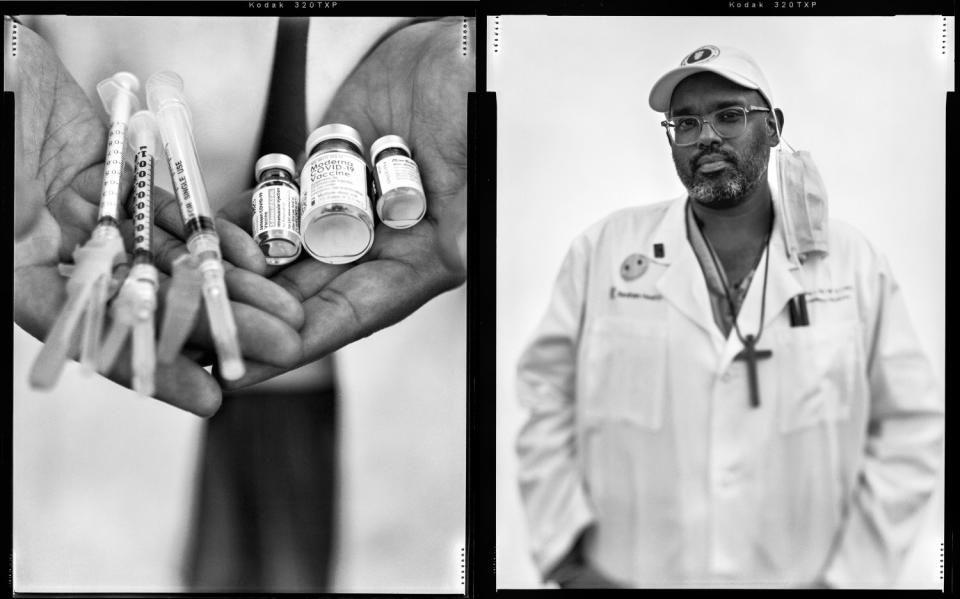
“I struggle knowing 600,000-plus Americans will not celebrate this July 4. They are gone from this world because of the terrible pandemic that wreaked havoc. If you can remember July 4 last year, right? The social distancing, the isolation, the masks, the hand washing, we did not have vaccines then. We missed out on so much missed memories, missed moments, missed celebrations and birthdays, you know, and that this year now we can get back to life. Back to work. Back to school. Back to church. Back to, you know, playing in the park with our friends and loving and kissing on Grandma. So that to me is freedom. That to me is independence. That is something that we should celebrate this July 4, that many of us are literally getting a second shot that we may not have had, and we should not take that for granted. And we need to get back to reclaiming all the missed life from the last, you know, 15, 20 months, for sure."
Dr. Jerry Abraham
Miya Iwataki
South Pasadena | Activist and member of Nikkei for Civil Rights and Redress
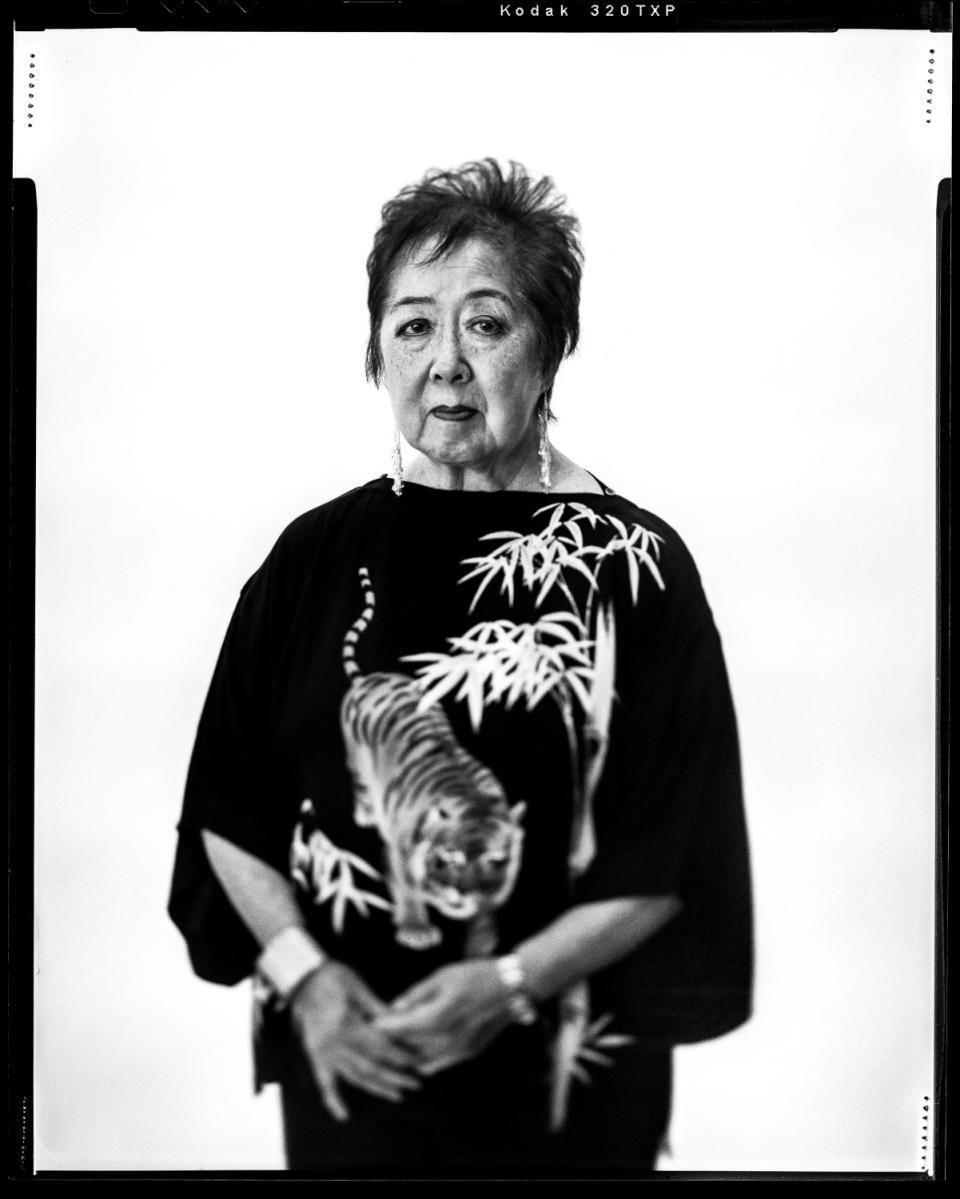
"I feel energized by the new generation, who are stepping up and reimagining new strategies for tough issues … [but] just look around our health system, and you see all these cracks where people of color are just falling through. And even though I have my COVID shots, I don't still really feel independent of a disease or a pandemic with the continuing lack of quality healthcare that I see in many low-income communities."
Miya Iwataki
Michelle Reyes
Santa Ana | Special education instructor and DJ
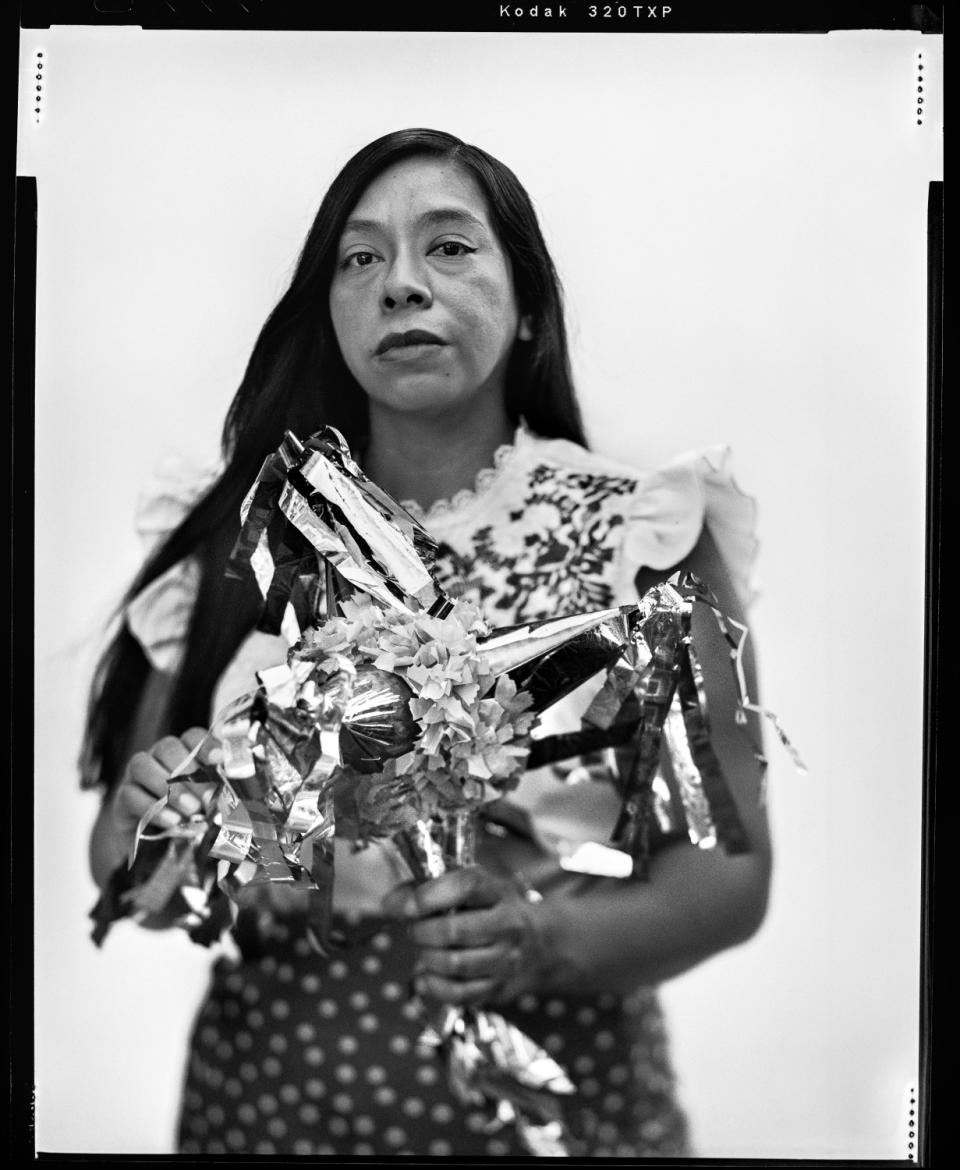
"All of my dreams are coming true, but they're not for other people. All of my dreams are coming true, but there's kids in cages. All of my dreams are coming true, but my city suffered tremendously. I can be liberated and also exist in a way that makes me feel not free."
Michelle Reyes
Jamie Eagan and her daughter Marina
Los Angeles | Single mom who was laid off during the pandemic
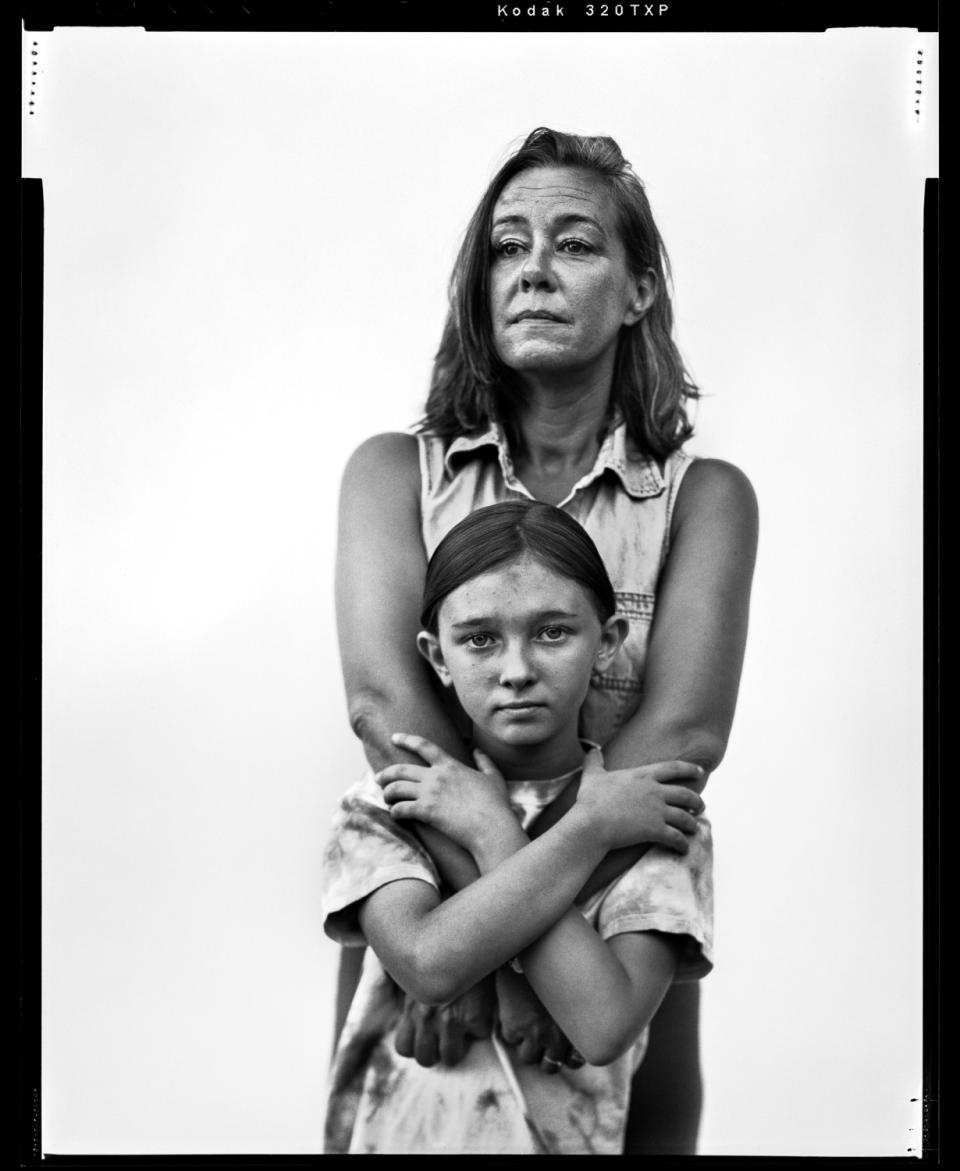
"It was like once I walked through that and had that happen, and it's almost like having your worst nightmare come true and realizing that you're OK. You're going to be OK, and you will do what you have to do to get by and survive. It gives you a sense of freedom that you would not think it would give you."
Jamie Eagan, on losing her job during the pandemic last year
Max Thayer
West Hollywood | Vietnam-era Army veteran, who was hospitalized for two months with COVID-19
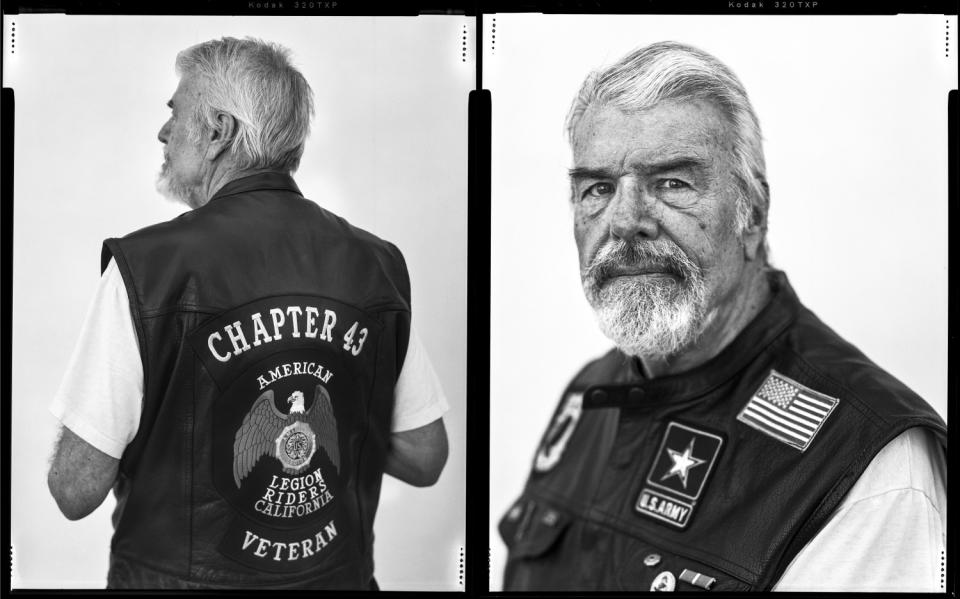
"I think a lot of people think that they're finished with COVID, but I don't think COVID is finished with us. I'm just, I'm not ready just to drop my guard yet. I'm not ready to, to push a reset button and think everything is back to normal, because I don't think in my lifetime anything ever will go back to quote-unquote 'normal.'"
Max Thayer
Etienne Maurice
Los Angeles | Founder of WalkGood LA
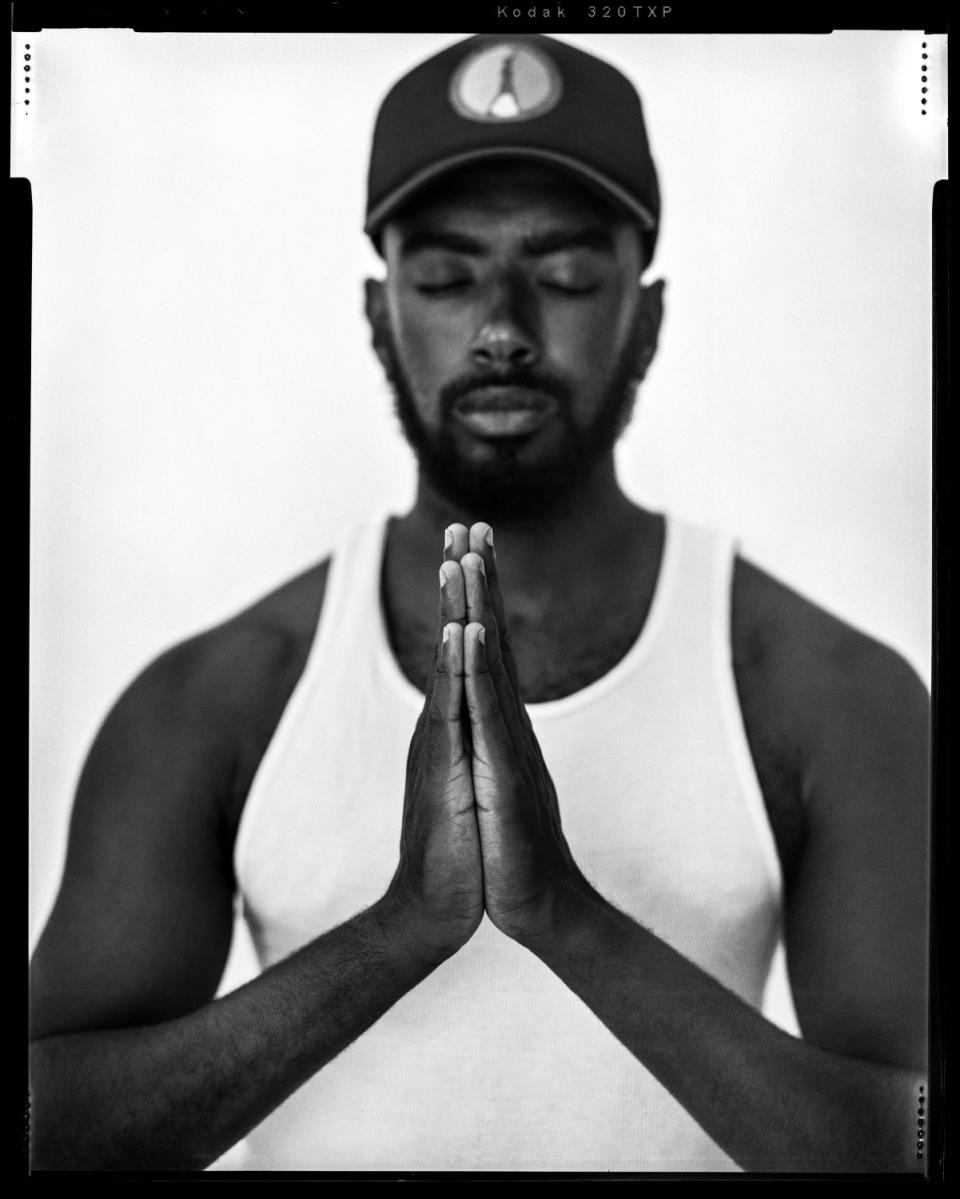
"The opportunities and resources are still limited when it comes to Black and brown folks in America. And to be honest, that isn't independent and we have still yet to obtain that independence. Now, am I hopeful? Yes, but we have so much more to go."
Etienne Maurice
Kaytan Shah
Lynwood | Counselor at Lynwood High School
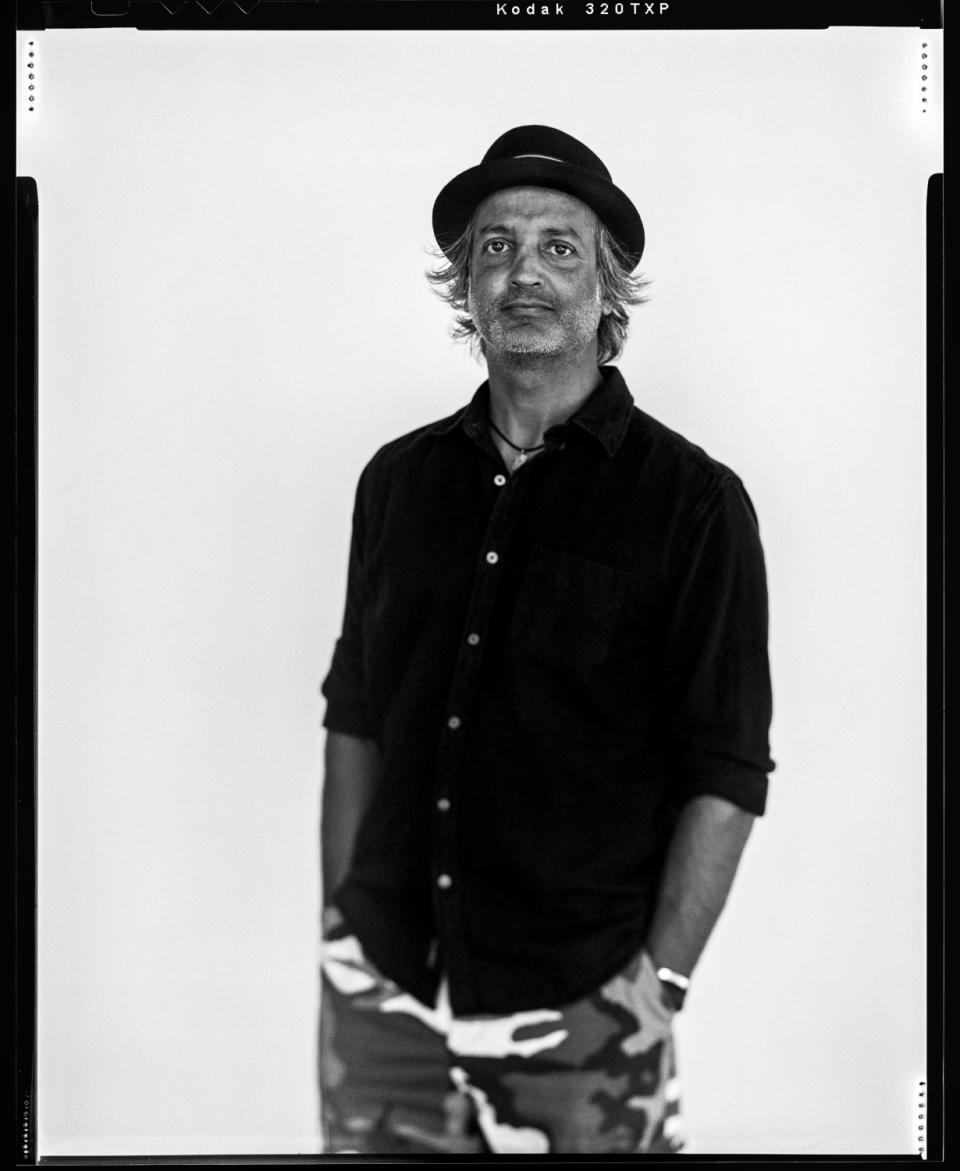
"I wasn't really fearful of COVID, but it caused a lot of reflection, along with George Floyd and the anti-Asian American stuff. They said all men were created equal, but it was all white men. I honestly feel Americans are going through an identity crisis. And so I find Independence Day a good avenue of discussion, if we can have respectful, constructive dialogue and empathy."
Kaytan Shah
Raul Ortega
Los Angeles | Owner of the Mariscos Jalisco food truck
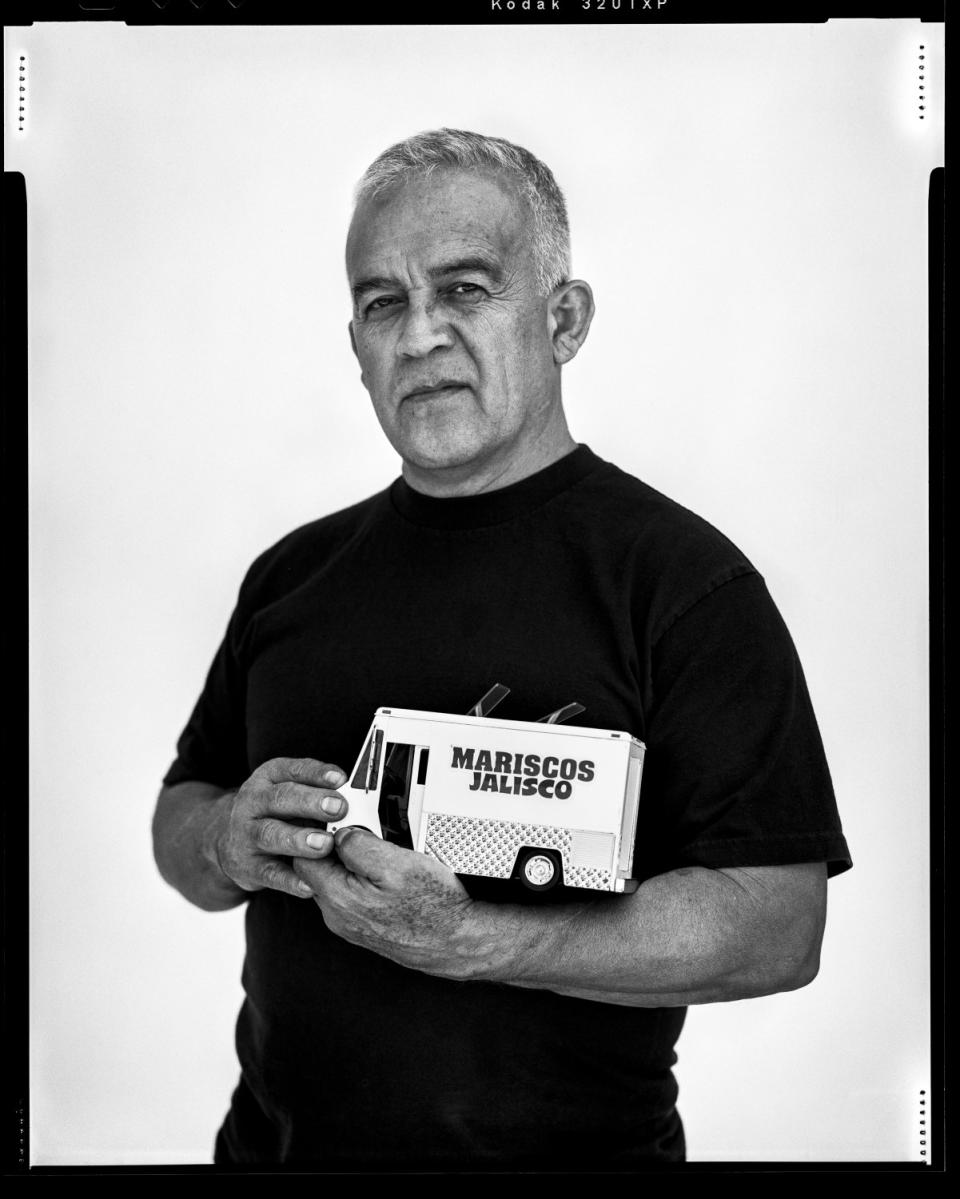
"It gives me more and more freedom, more opportunities here. I still have my Mexican feelings, but other cultures don't have the privileges that we have here. And it's an honor to be a U.S. citizen."
Raul Ortega, who is celebrating his first Fourth of July as a naturalized U.S. citizen this year
Dwight Singleton
Studio City | Living in Project Roomkey housing after being homeless for more than 20 years
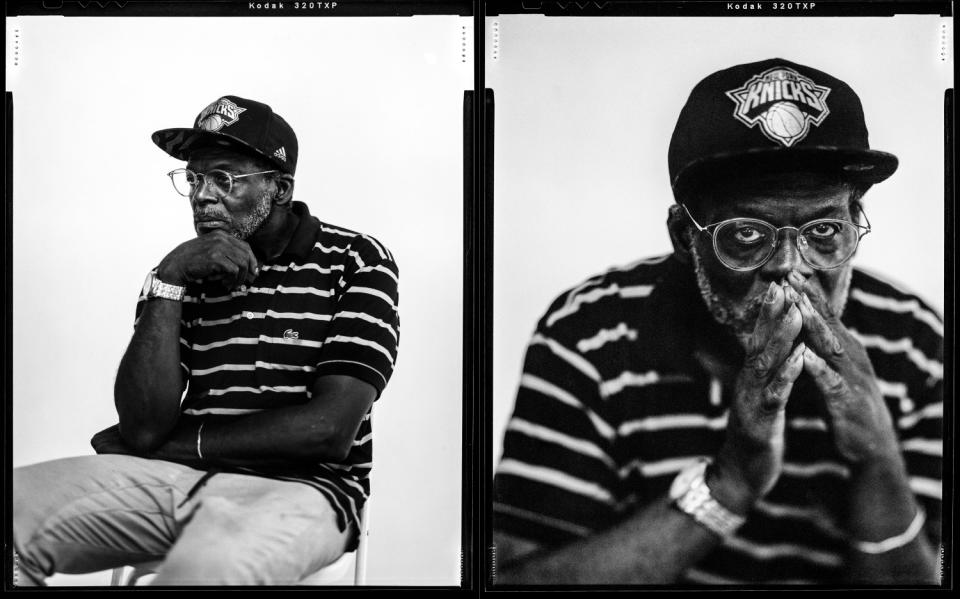
“Now that people are coming back out, it doesn’t seem like it’s the same. People are not very friendly anymore. People are kind of like, sort of like seem kind of insecure. They seem unreachable.”
Dwight Singleton
Griselda Urbina
Inglewood | Lost her husband, Dario, to complications from COVID-19 on July 6, 2020
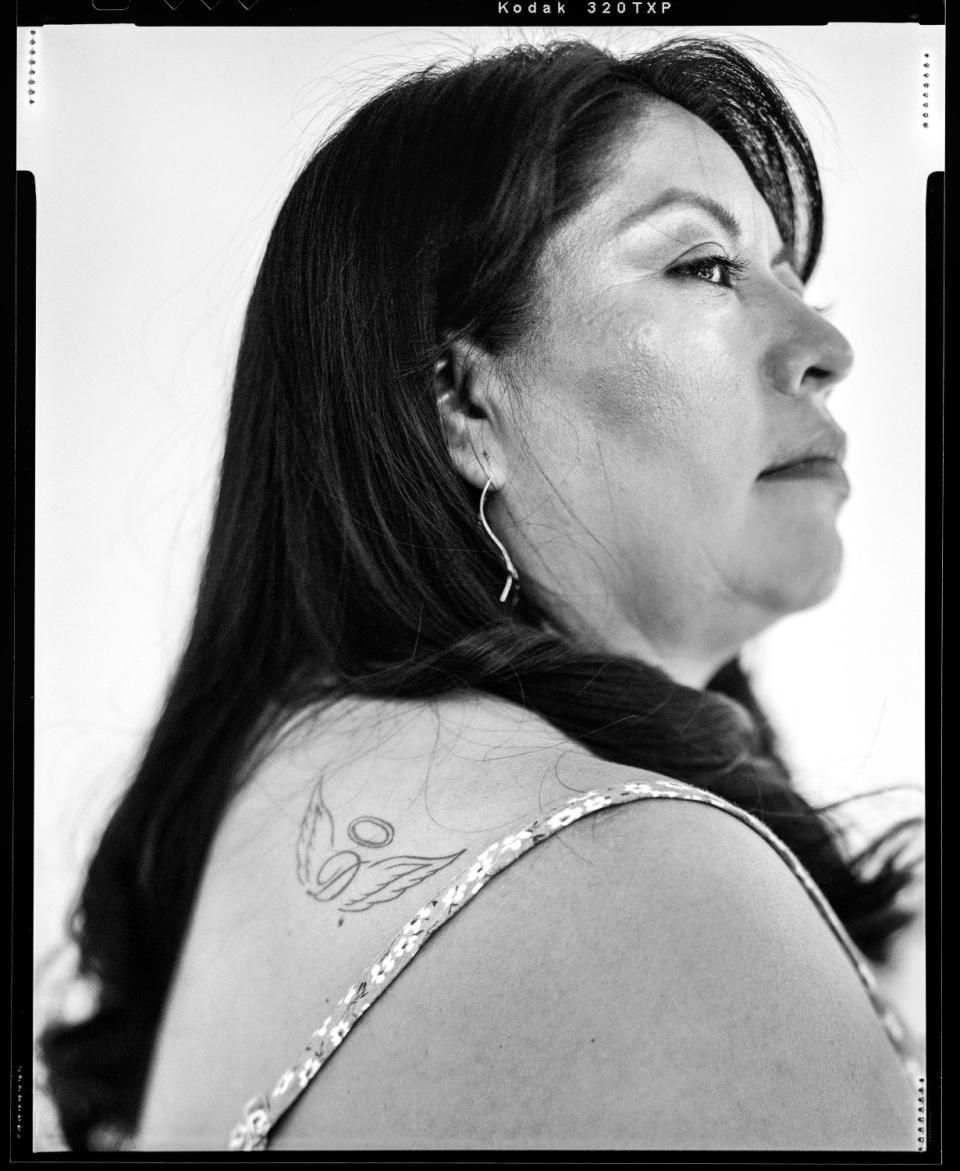
"COVID will not have us suffering. We've suffered a lot, we lost my husband. What more can we lose? And I stopped feeling fear."
Griselda Urbina
This story originally appeared in Los Angeles Times.

